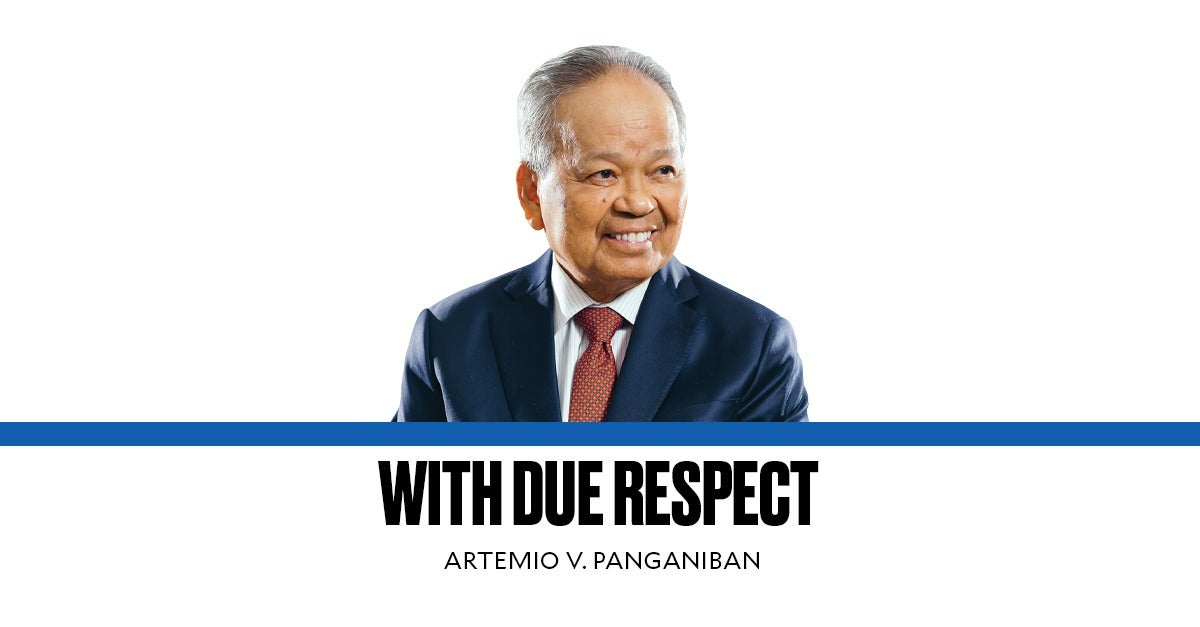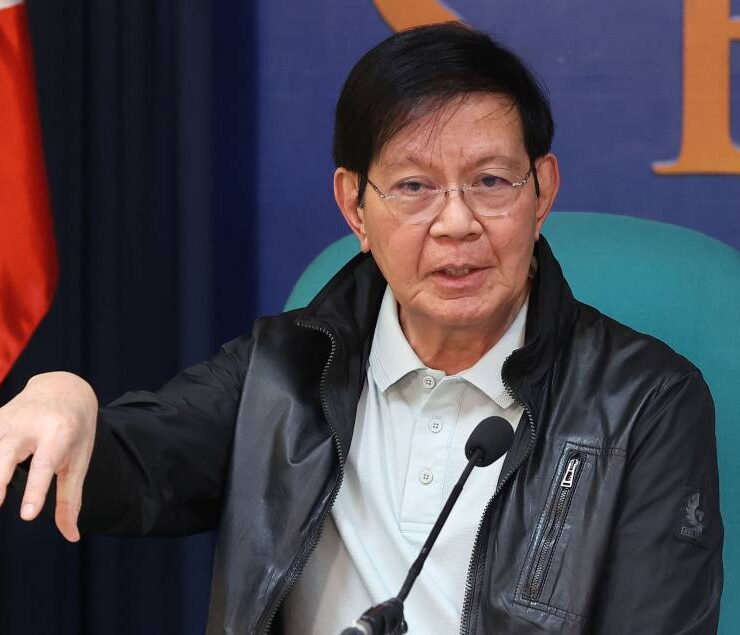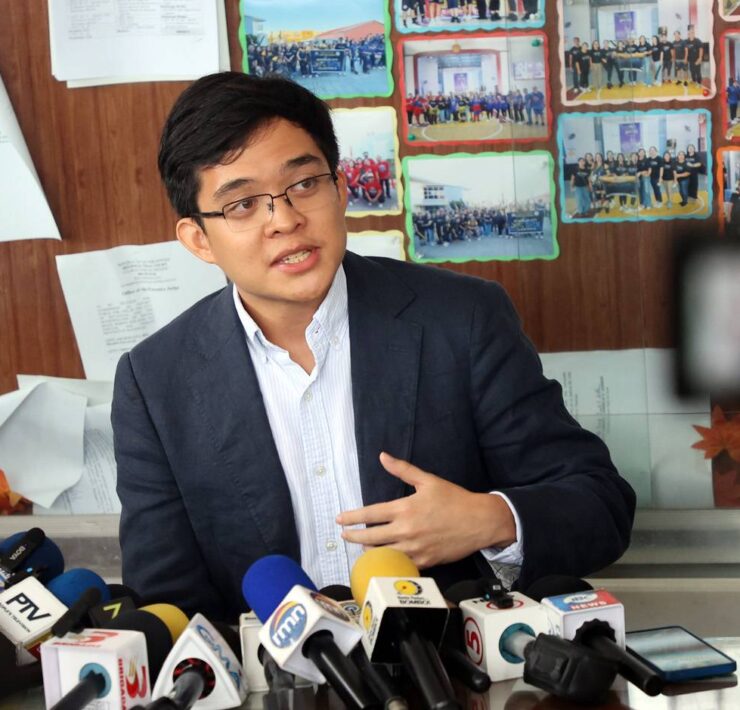Tough to be an ICI commissioner

To be appreciated are the chair (retired Supreme Court Justice Andres Reyes Jr.) and the two members (former Public Works and Highways Secretary Rogelio Singson and SGV country managing partner Rossana Fajardo) of the Independent Commission for Infrastructure (ICI). Baguio City Mayor Benjamin Magalong has resigned as special adviser.
THOUGH THEIR ROLE IS MERELY TO HELP AND FACILITATE, and not to interfere with, the delicate duty of the independent Office of the Ombudsman (OMB) and/or the Department of Justice, they work 24/7 and have physically inspected and viewed the substandard, easily inundated, and sometimes inexistent flood control projects in many parts of the country.
Moreover, aside from the 16,000 complaints forwarded by the Palace, they have received thousands of petitions, pictures, videos, and other documents they need to see and evaluate. All these they are expected to categorize, catalog, preserve, and act on expeditiously and prudently. And yet, they do not have the existing organizational backup and administrative staff. And they have to anticipate and grapple with suits questioning the very creation of the ICI, as well as their individual qualifications for the positions entrusted to them.
The contractors and their cohorts, including members of Congress, have the financial, political, and physical means to challenge them. They can retain and pay for the best legal, financial, accounting, tax, banking, and public relations experts to defend and protect them.
AS PUBLIC OFFICIALS WHO TOOK THEIR SOLEMN OATHS BEFORE THE PRESIDENT, the ICI commissioners must not only disclose their financial and business interests and relationships but also divest from their personal investments, resign from their professional and business undertakings, and be satisfied with the survivalist compensation they receive under the Salary Standardization Law.
Though they may honestly believe they have done so, they cannot be perfect and may have forgotten or neglected in good faith to disclose all their close relatives who may have dealings with the subjects of their investigations, especially the contractors.
These relatives, whether disclosed or not, can be subjected by the public and by the culprits to the minutest scrutiny in their dealings, transactions, employment, and professional conduct in an effort to reach out to the ICI commissioners to threaten or influence them.
They must likewise execute their detailed statements of assets, liabilities, and net worth (SALNs), which should be made public on the ICI website, despite the rulings of any other government agencies like the OMB banning the disclosures of the SALNs or instituting almost impossible conditions for public release. And, in my humble opinion, they must also execute a waiver of the secrecy of their bank accounts. In fact, they should voluntarily include such waivers in their SALNs.
As ICI members, they are looked upon as model public servants. They should set an example of what they, as investigators, would require the respondents to do in the course of their thorough and complete investigations and case buildups.
THE ICI COMMISSIONERS (and their families) should be ready to forego their privacy because our tri-media and social media, the freest in the world, will use microscopes, telescopes, and mobile cameras (with their latest “killer” apps) to scrutinize the tiniest details of their lives and careers.
Daily, they will be headlined, columnized, broadcast, texted, tweeted, YouTubed, Instagrammed, and Facebooked. Twenty-four hours a day, they would be on call, not just by the public, but also by radio, TV, and podcast reporters wanting to have the first crack at the breaking news.
Past activities (including luscious sexual adventures), income tax payments, and private ventures will all be dug into, not necessarily to probe their suitability for the job but to be able to horse-trade political and personal favors. Long-forgotten enemies would bring up their slightest indiscretions. Even the best of intentions would be broiled in the heat of public debates.
The Constitution teaches that a “[p]ublic office is a public trust. Public officers and employees must at all times be accountable to the people, to serve them with utmost responsibility, integrity, loyalty, and efficiency, act with patriotism and justice, and lead modest lives.” Thus, ICI members must be ready to explain how they acquired their houses and how they can afford to send their children abroad.
Verily, these officials must strictly observe the transparency and accountability demanded by law. It is not enough to serve well; it is equally important to communicate well and to be credible at all times. Even the purest of officials must undergo public scrutiny. This is the price of public service.
They would be well advised to always carry an iPad, mobile phone, or even an old-fashioned memo book where copies of the Constitution, Ombudsman Law, Anti-Graft Law, Anti-Plunder Law, Ethical Standards Law, Revised Penal Code, and relevant portions of the Administrative Code would be readily accessible. A mastery of these laws is a must for the wise and diligent.





















